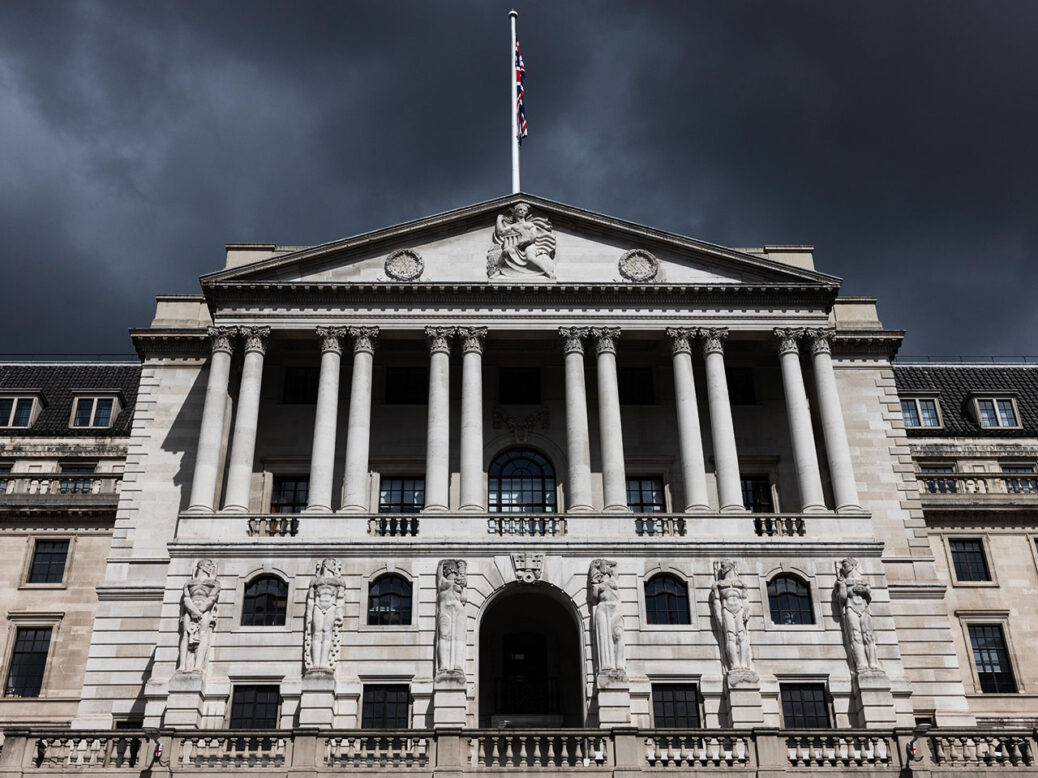
Gordon Brown’s first act as chancellor in 1997 was to make the Bank of England independent. He followed the playbook of orthodox macroeconomics to the letter. After Bill Clinton was elected US president in November 1992, he gathered a group of academic economists to advise him on policy. In the 2000s, economists with similar academic credentials rose to become star central bankers – such as Ben Bernanke in the US or Mervyn King in the UK. In the TV show The West Wing, the fictional US president Jed Bartlet was a Nobel Prize-winning economist.
This is unthinkable today. The spotlight on macroeconomists has faded. Just as their rise influenced policy, so will their fall. Virtually all our economic policy regimes are based on the orthodox macroeconomic models that were developed from the late 1970s onwards. Inflation targets, central-bank independence and fiscal rules owe their existence to ideas deeply embedded in those models. The trouble is, these models ceased to work some time ago.
[See also: The end of globalisation]
This news has arrived in the central banks too. Christine Lagarde, president of the European Central Bank (ECB), made a revealing comment recently about “shifts in economic relationships and breaks in established regularities”. She is saying that the orthodox economic models, on which the ECB and other central banks have become reliant, are no longer capturing what is going on.
If you look at central-bank inflation forecasts, you can see why. Over the past decade, these forecasts invariably suggested that inflation would revert to somewhere close to the central banks’ targets. In the UK and the eurozone, this target is 2 per cent. But inflation did not follow the forecast. It got stuck well below the target during the previous decade, and is now stuck well above it. The problem is not that the forecasts are wrong; it’s that they are biased towards optimism. They don’t tell central bankers what they need to know but what they want to hear.
A dart-throwing monkey or an unbiased astrologer would have outperformed the central banks’ economic models. I am not recommending that central banks should start hiring monkeys or engage in dark arts. But there are many ways they can improve their forecasting performance without involving economists.
Bad forecasts, though, are only a symptom of a much deeper problem: the failure to fully understand what is going on. The Queen once asked why economists had not seen the 2008 global financial crisis coming. The perhaps surprising answer was that there is no substantial representation of finance in their models. Economists also make questionable assumptions about human behaviour. Their models often assume that we humans are rational, while behavioural psychologists have demonstrated beyond any reasonable doubt that this assumption is wrong. But as an economist friend of mine once joked, “No economist has ever given up on their model simply because evidence intruded.”
You might be forgiven for asking why economists don’t change their models. It’s because they have invested whole careers into developing them. It’s similar to German auto manufacturers holding on to fossil fuel engines in the new world of electric cars.
My own expectation is that computer scientists and statisticians will be the ones who develop the next generation of economic models. Methods from artificial intelligence and deep learning will play a more prominent role at the expense of traditional macroeconomics. Personally, I still find elements of macroeconomics useful. But it is the old stuff – the bits that went out of fashion in the 1980s.
The really big impact of all of this will be on governments and central banks. Before the 1990s, central banks did not have inflation targets. Today’s targets only exist because the models suggested them. Previously, price stability fell into the category of “I know it when I see it”. We might well go back to this.
The whole idea of central-bank independence was based on the idea that models perform better than politicians. This claim is hard to sustain when monkeys outperform the models. I would not be surprised if the Bank of England became the first of the large central banks to hoist the white flag on inflation. Would at least some politicians not want to take back control from a dysfunctional central bank?
And take fiscal targets. They too come from the vaults of modern economic orthodoxy. One specific problem with these models is their notion of “potential output” – the output an economy can produce when it is at full capacity. A misjudgement about how the financial crisis affected potential output was one of the reasons we all ended up with austerity.
Herein also lies a warning to the Labour Party. Gordon Brown broke from the past when he made the Bank of England independent, and when he introduced a new fiscal regime. He laid the foundations for 13 years of Labour government. But it was a period during which the model worked. You cannot extrapolate from this when it no longer does.
By clinging on to the current economic orthodoxy, politicians risk being influenced by what John Maynard Keynes called “some defunct economist”. The big prize in UK politics will be won by the leader who finds a way to break with the existing order. Liz Truss failed for reasons we all understand. But cleaving to a dysfunctional orthodoxy is not sustainable either.
[See also: Austerity is about to return to Europe]
This article appears in the 06 Sep 2023 issue of the New Statesman, Crumbling Britain





